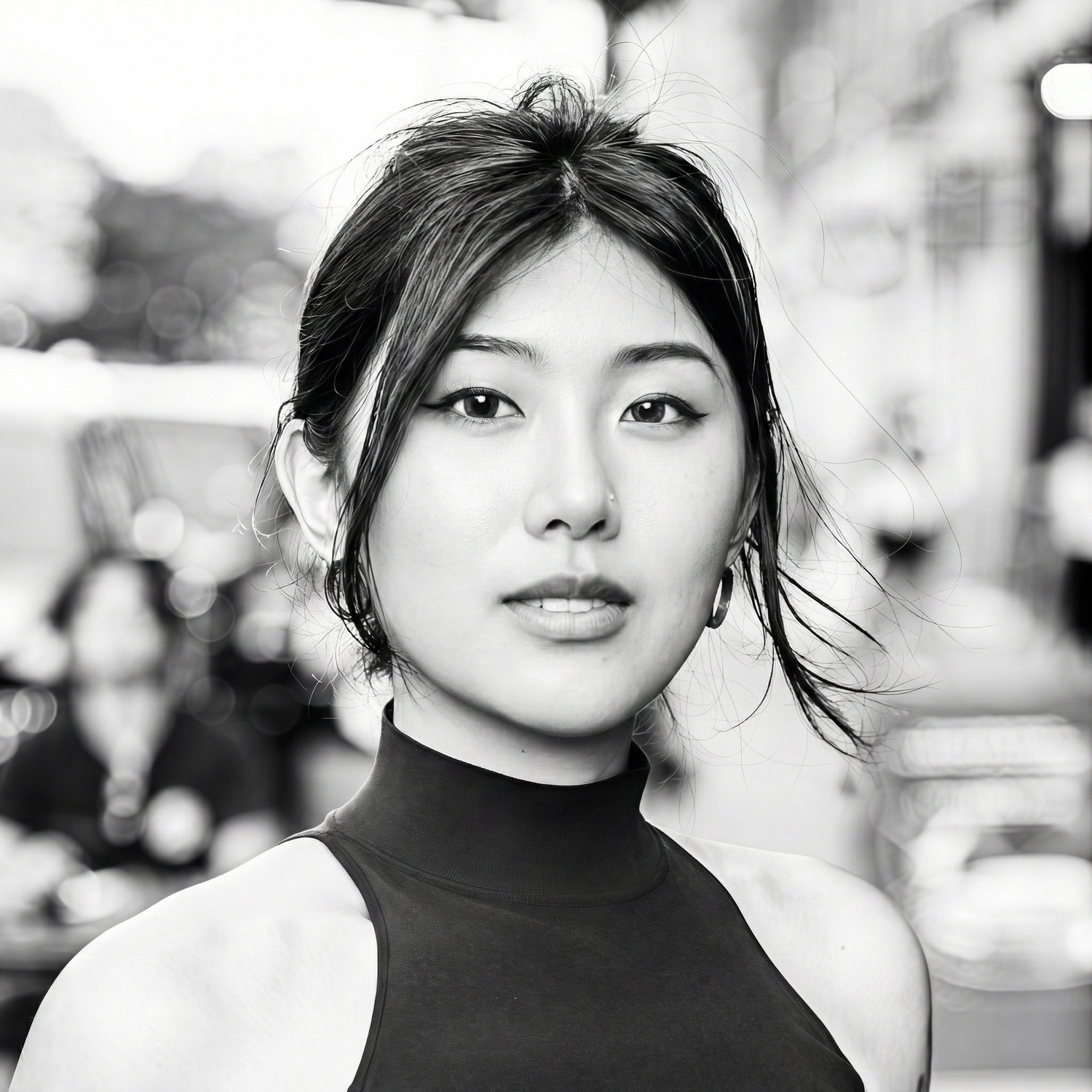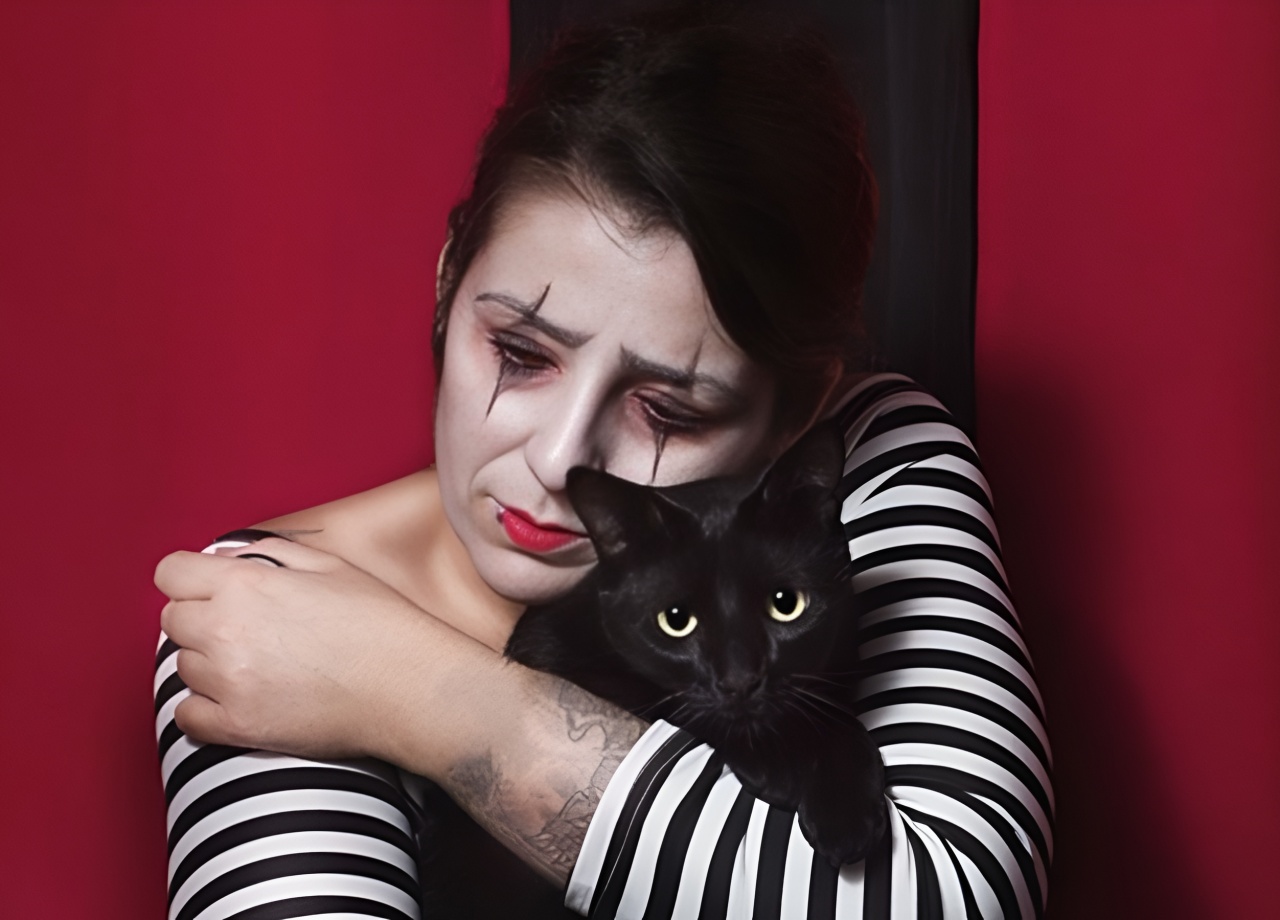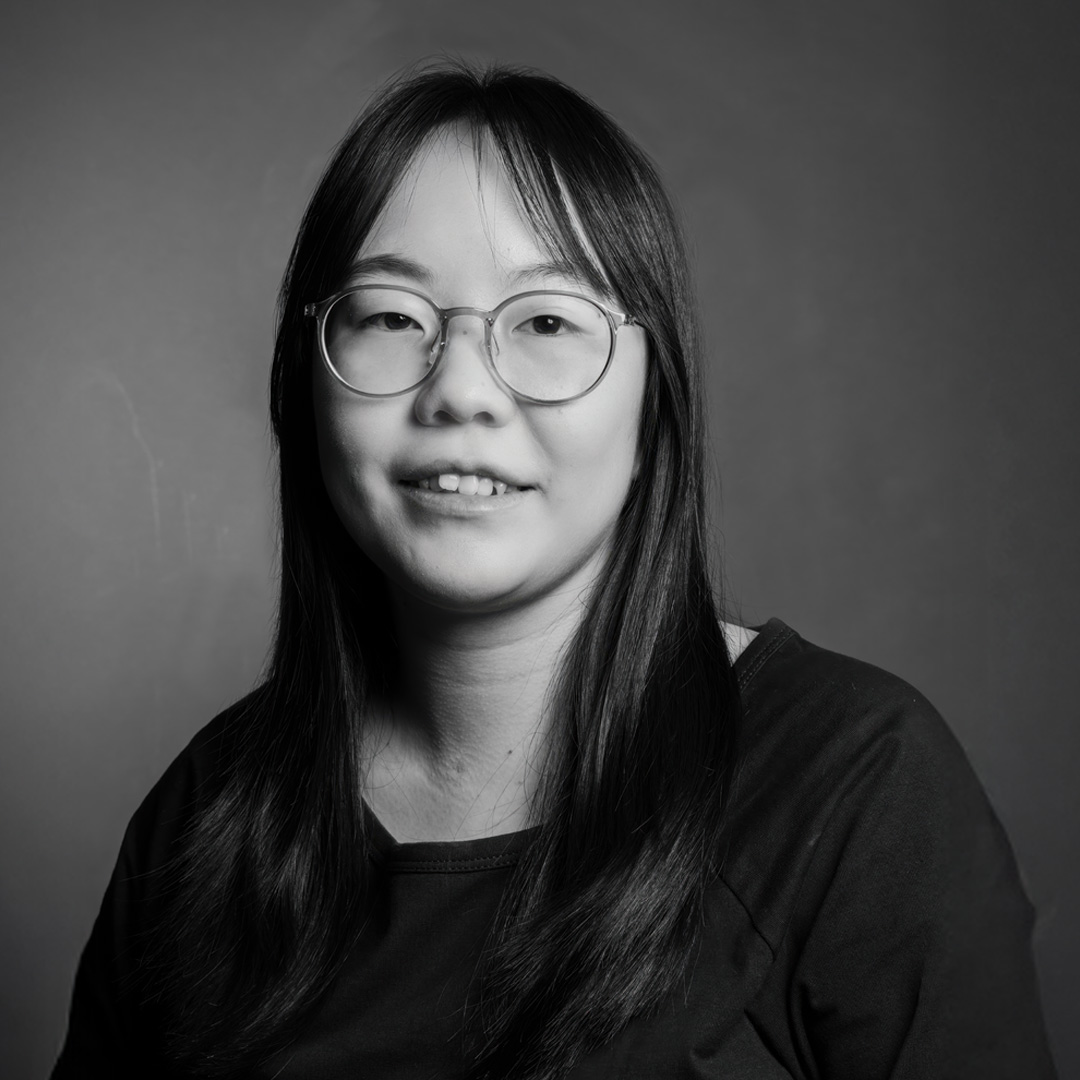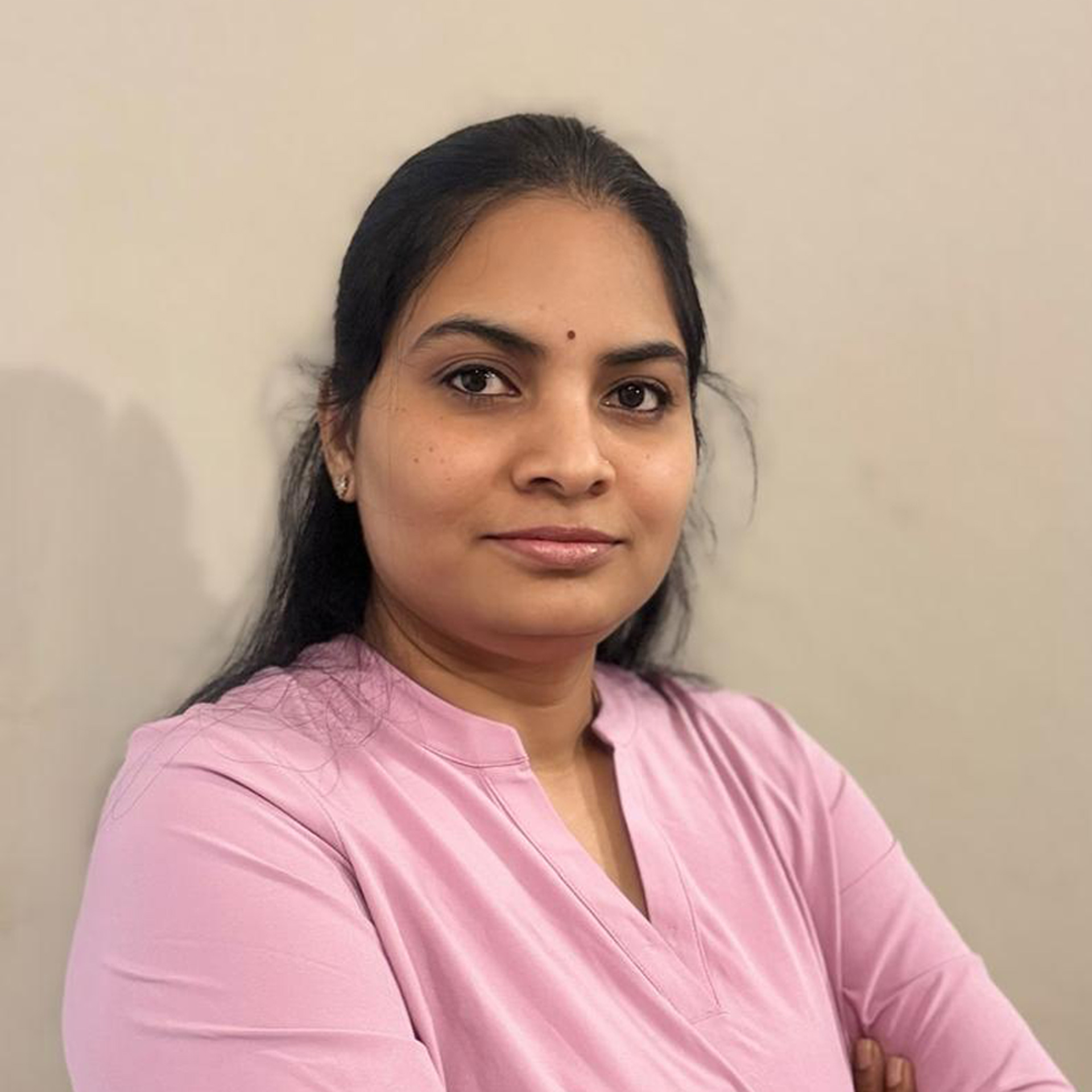Yuqing Xiao Brings Her Design Expertise to Functional Form Block Allies (FFBA)
Yuqing Xiao
Yuqing Xiao is an industrial designer and design strategist with an MFA in industrial design and an MA in design management. With a strong focus on human-centred design, she integrates user experience research, business strategy, and sustainability to create thoughtful and innovative solutions.I’m Yuqing Xiao, an industrial designer and design strategist with a strong focus on human-centred design. Holding an MFA in industrial design and an MA in design management, I combine creative problem-solving with strategic thinking. Alongside my expertise in product design, I specialise in user experience research, business strategy, and sustainability, ensuring that design solutions are both impactful and responsible.
In junior high school, I came across a shop selling creative kitchenware related to kinetic design while shopping. I was deeply attracted and hoped to make something eye-catching and exciting like these. Later, as I studied design skills and theories in depth, I found that design not only means creating some cool physical products, but the humanistic care behind it is more critical and more touching to me.
In addition, continuously learning new things and improving myself in challenging situations are also why I insist on learning and engaging in design-related careers.
Our company, Functional Form Block Allies, is more than just a design studio; it’s a collaborative union that connects designers across regions, fostering a unique synergy in our work. We focus not only on delivering effective design solutions for companies in need but also on nurturing the next generation of designers.
Through our educational programs, we guide students and young designers in understanding industry processes and standards while encouraging them to bring fresh perspectives and ideas. By blending professional experience with academic insight, we inspire both our industry partners and students, creating an environment where traditional and innovative approaches intersect, pushing boundaries in design.
I think design means understanding and creation. The reason why I value user experience research is that I value the humanistic care behind design. Before designing, we must first understand people and the world. After understanding, our responsibility is to create new products or experiences that change people's lives or the world. Design is an industry that I love, and it has also reshaped my personality and vision to a certain extent. I have always liked a sentence from one of my professors:Design is a lifestyle.
I am very interested in kinetic design. Generally speaking, all physical products that can change their form and structure belong to this category. It sounds very similar to engineering, but the biggest difference between kinetic design and engineering is that kinetic design pays attention to the aesthetics and poetry of design while ensuring feasibility. I think it combines the pragmatism of engineers and the imagination of artists. I like this design style very much, and I also try to add this element to my designs.
Having much experience in user experience research, I'm good at capturing key objects from a user's life scenario to build a user persona. I like designs that can make me feel the personality charm of the designer, such as the designer's unique aesthetics, humanistic care, or social responsibility.
I would imagine what kind of living habits, hobbies, and cultural background the designer behind a product has, what they thought about during the design process, and what decisions they made, as this is very interesting.
Of course. I attach great importance to design in different cultural backgrounds. I have participated in designing many projects related to traditional Chinese intangible cultural heritage and even visited the inheritors of intangible cultural heritage in person to learn about their stories and crafts.
My undergraduate graduation project is dedicated to spreading the stories and knowledge of intangible cultural heritage to the younger generation, lowering the learning threshold, and promoting their participation through new materials and technologies. This is a project I am very proud of.
I think this is exciting news. As a young designer, I hope to get industry recognition and guidance from seniors. Thank you very much for the recognition from the judges! At the same time, the friends I met and the team I built during the project are also very important to me. We can achieve such achievements only through mutual support and collaboration.
We’re honoured to have several projects recognised in the 2024 London Design Awards. We entered these designs because they strongly reflect our commitment to creating more humane, thoughtful, and convenient products. These projects aim to bridge connections between people in ways that may not have been possible before, balancing the needs of service providers and receivers.
While our winning works span different categories, they all share a core mission: to create designs that genuinely care about and enhance people’s lives, embodying the values that drive us at Functional Form Block Allies.
The biggest challenges are often the most interesting.
Winning a London Design Awards has been incredibly validating for our practice. It’s given us broader recognition and strengthened our confidence when presenting to clients, showing that our ideas and values resonate globally. This achievement demonstrates that design success goes beyond profitability—it’s about positively impacting people’s lives. We’re grateful for this recognition and inspired to continue creating meaningful, people-centred designs.
1. Uncertainty: I like this word very much, although it sounds unpleasant to many people.
2. Empathy: This word is familiar to most designers, but it is not easy to use.
3. Freshness: I am terrified of repetitive and tedious work, so I am glad I chose the design industry.
When designing in China, a country with a population of 1.4 billion and a history of 5,000 years, we have to face many unique problems. Researching social context is always challenging during research, and capturing insights is the key to success. In promoting innovation, the vast market is both an opportunity and a challenge. It is worth mentioning that I think China's intangible cultural heritage is a very precious treasure, and many of my designs are related to it.
Interestingly, we are currently in a stage of rapid development of AIGC. The efficiency and quality of AI-finished products are very competitive, and many people are very pessimistic about the creative industry, but I don’t think so. As a human-centred designer, I believe designers’ concern and insight into society and people will become the most crucial competence in 5-10 years. AI may be able to solve problems correctly, but only people with vision can ensure we are solving the right problems.
You can only reach the moon if you aim for Mars. Go ahead and try. There is nothing to be afraid of.
I once heard a saying,"Designers are those weirdos who wear sweatshirts and caps in the office and don't talk to others."I don't think this is offensive; it's actually quite funny. I think this sentence points out a mistake many young designers make: design is not about sitting in the office and working hard but about observing the world and talking to people.
I like going to concerts alone.
Silke Bochat. She visited SCAD and gave a speech during my graduate studies. She is a unique and experienced female design leader. One of her important inspirations is that it doesn’t matter what you say, but how you say it.
I think the key to success lies in accumulation. The Internet may increase the breadth of your horizons, but the depth of your horizons must come from interaction and communication with people. Keep observing in daily life, stay sensitive to details, and analyse the connections between different things. This is a way to do research before starting a project.
Winning Entries
Read the interview about Revolutionising Product Design | A Vision by Menghai Xia here.
ADVERTISEMENT
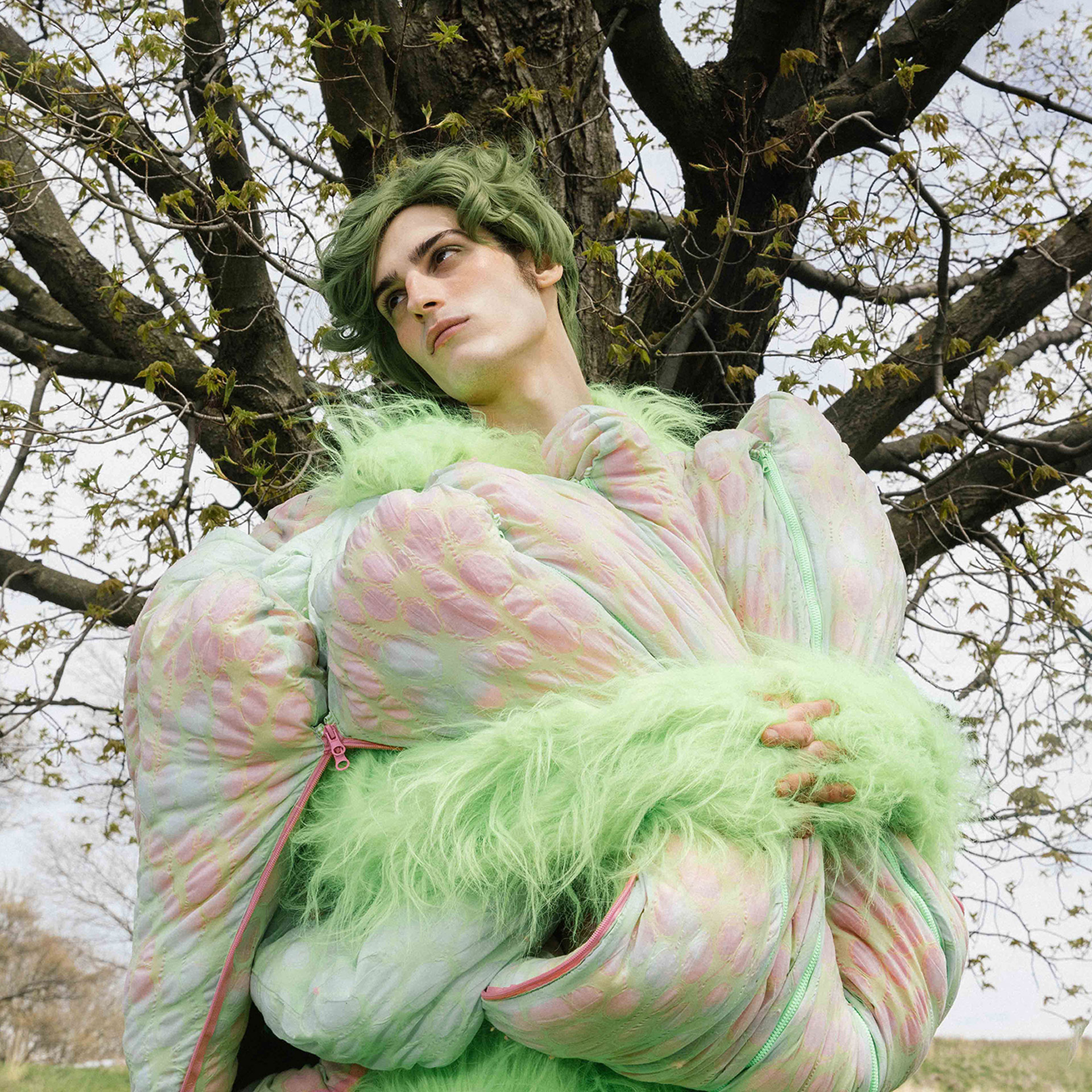
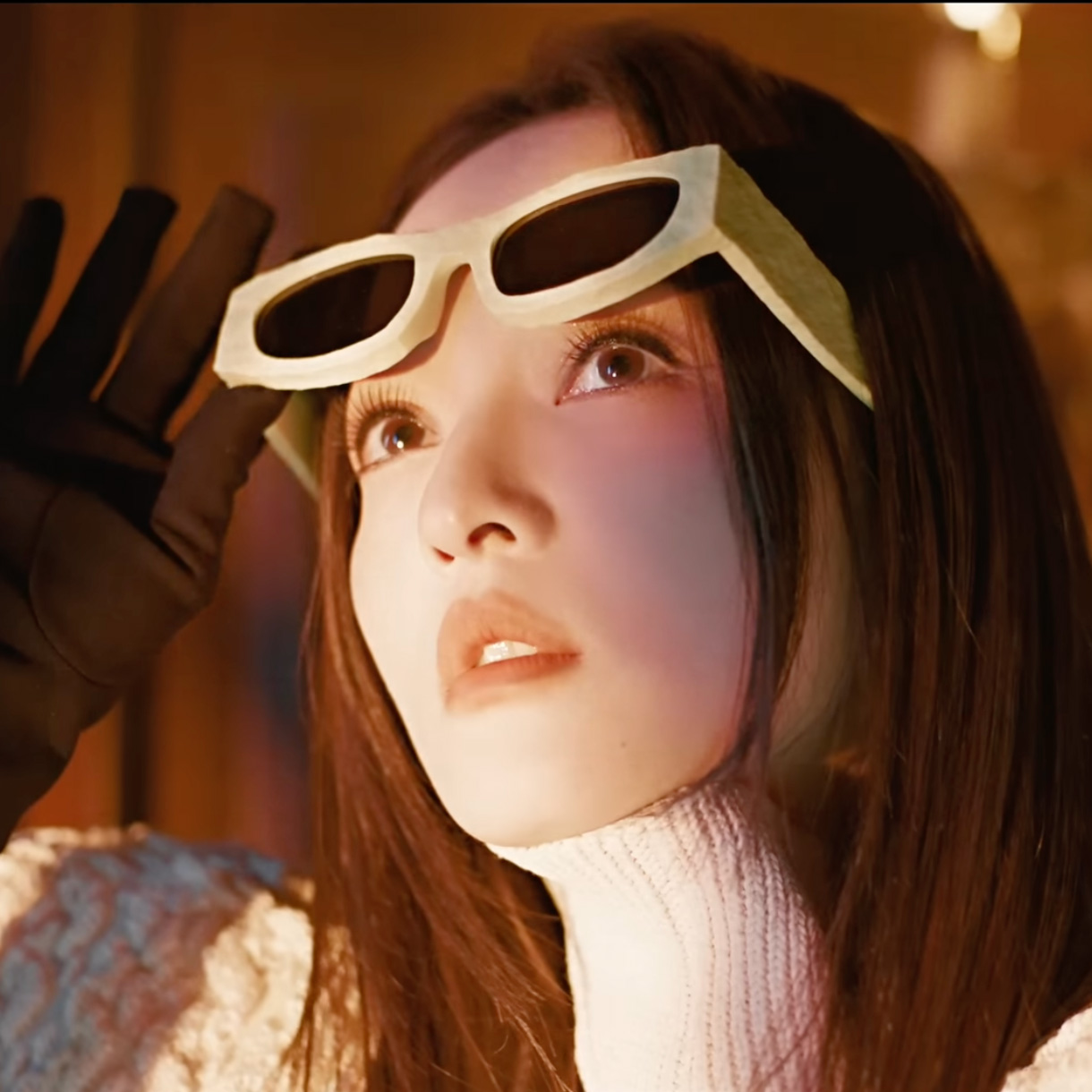
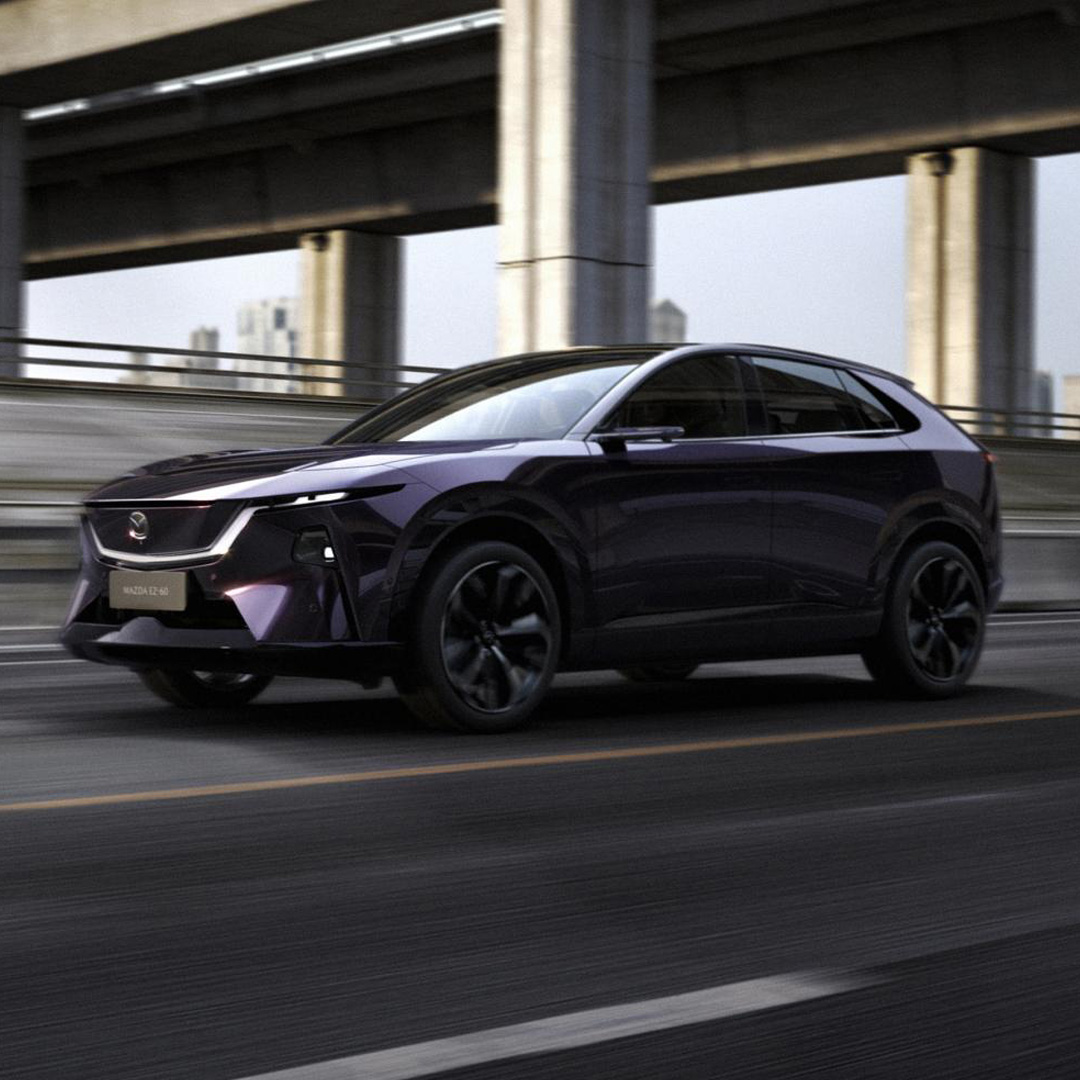


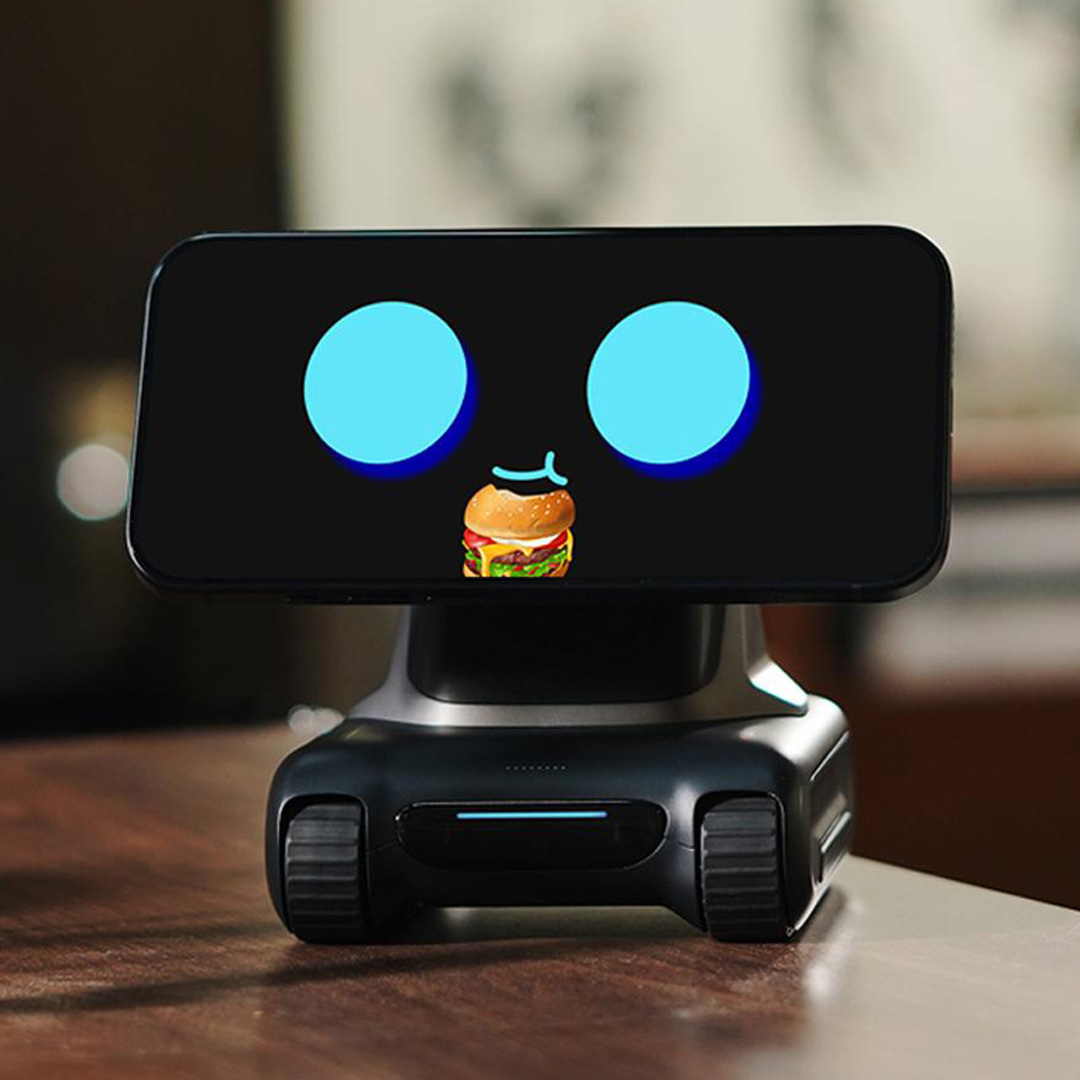
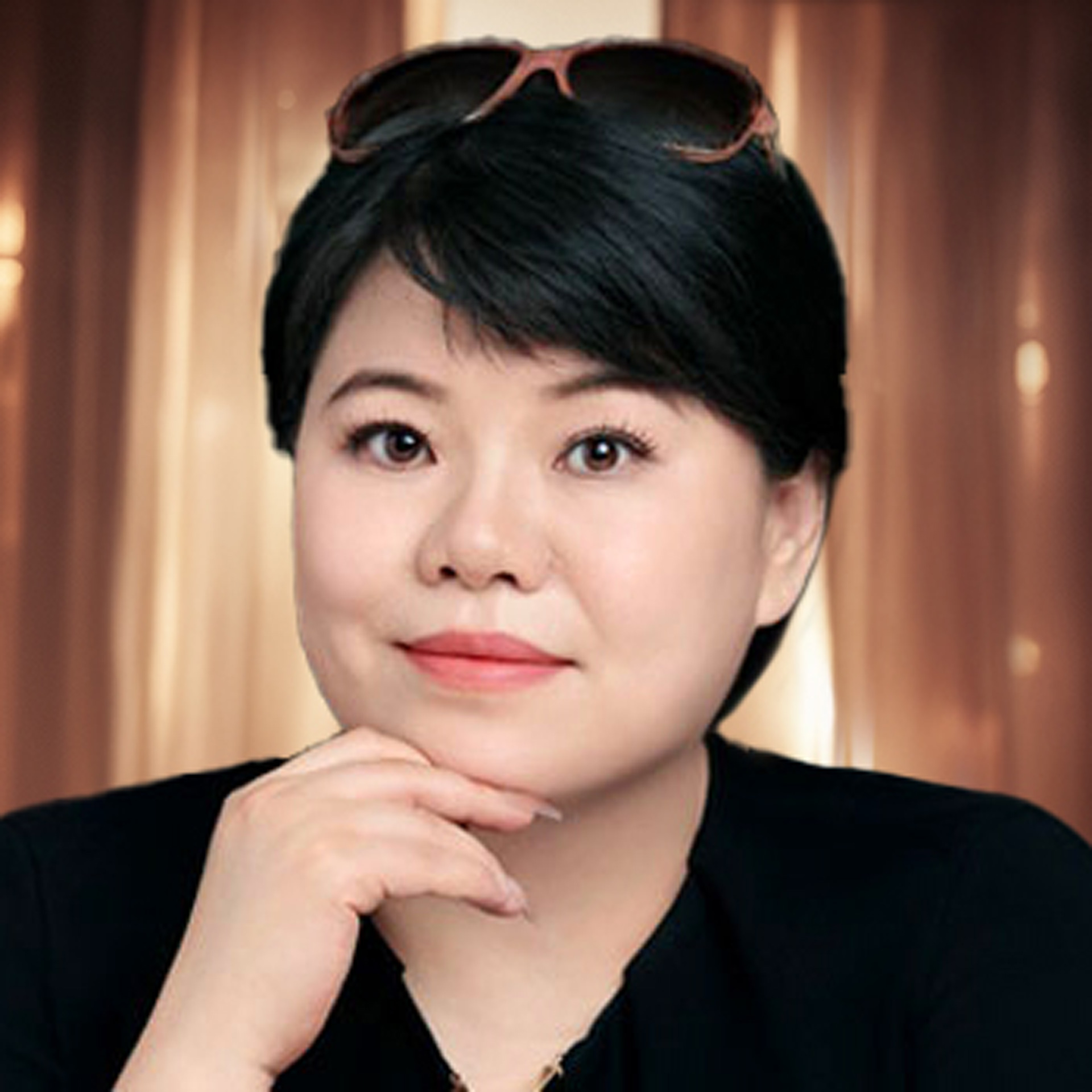
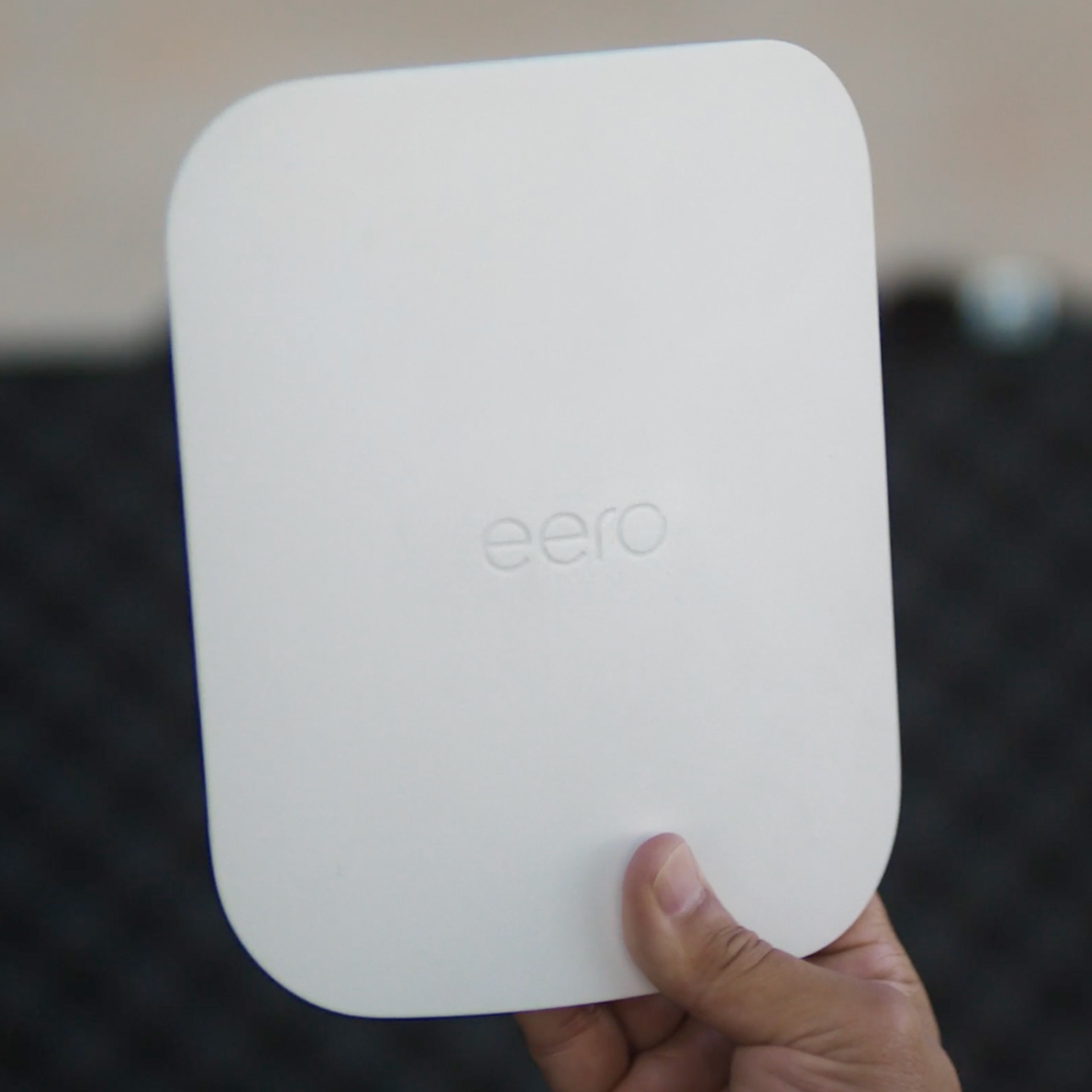
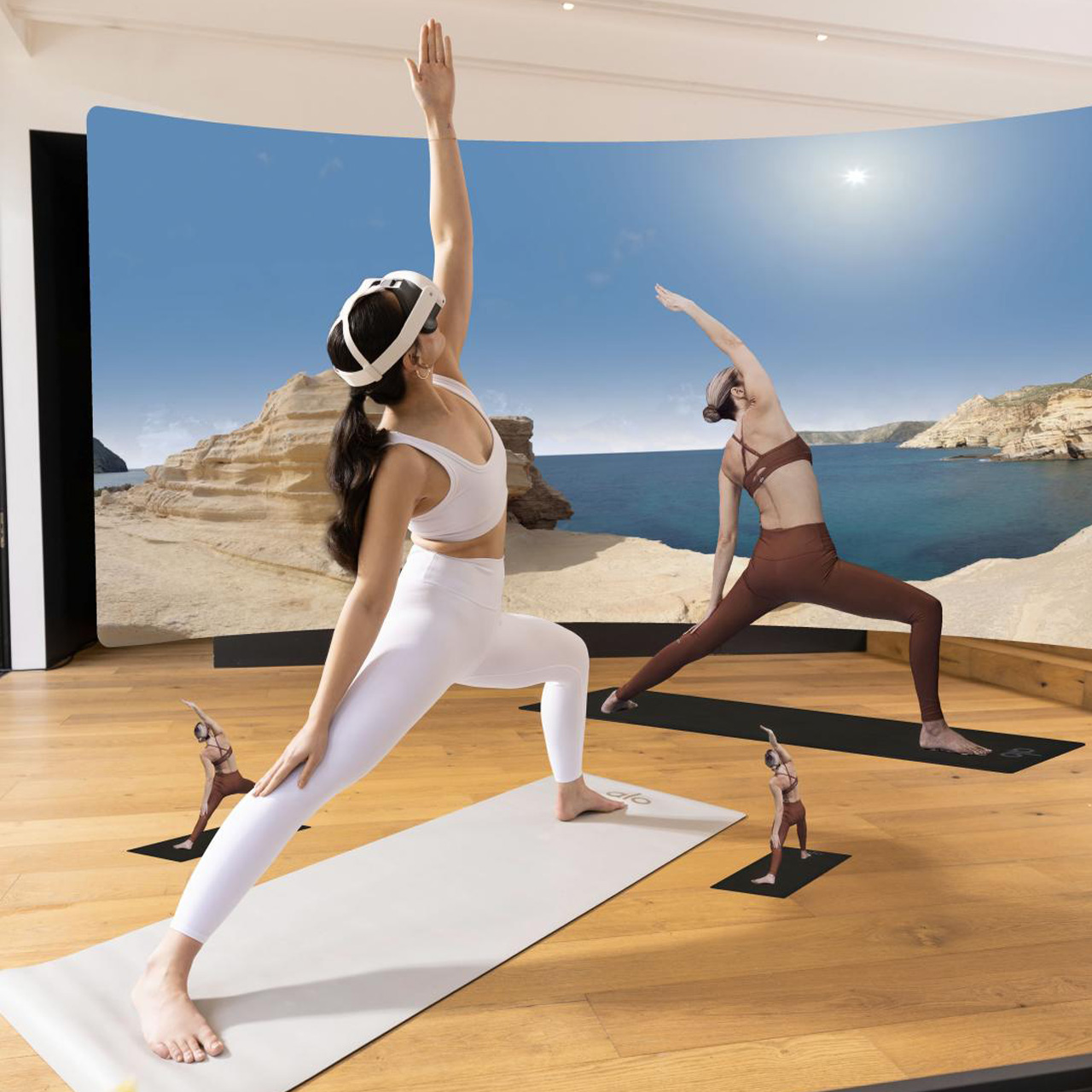

IAA GLOBAL AWARDS
MUSE Awards
Vega Awards
NYX Awards
TITAN Awards
- TITAN Business Awards
- TITAN American Business Awards
- TITAN Property Awards
- TITAN Women In Business Awards
- TITAN Health Awards
- TITAN Innovation Awards
- TITAN Brand Awards
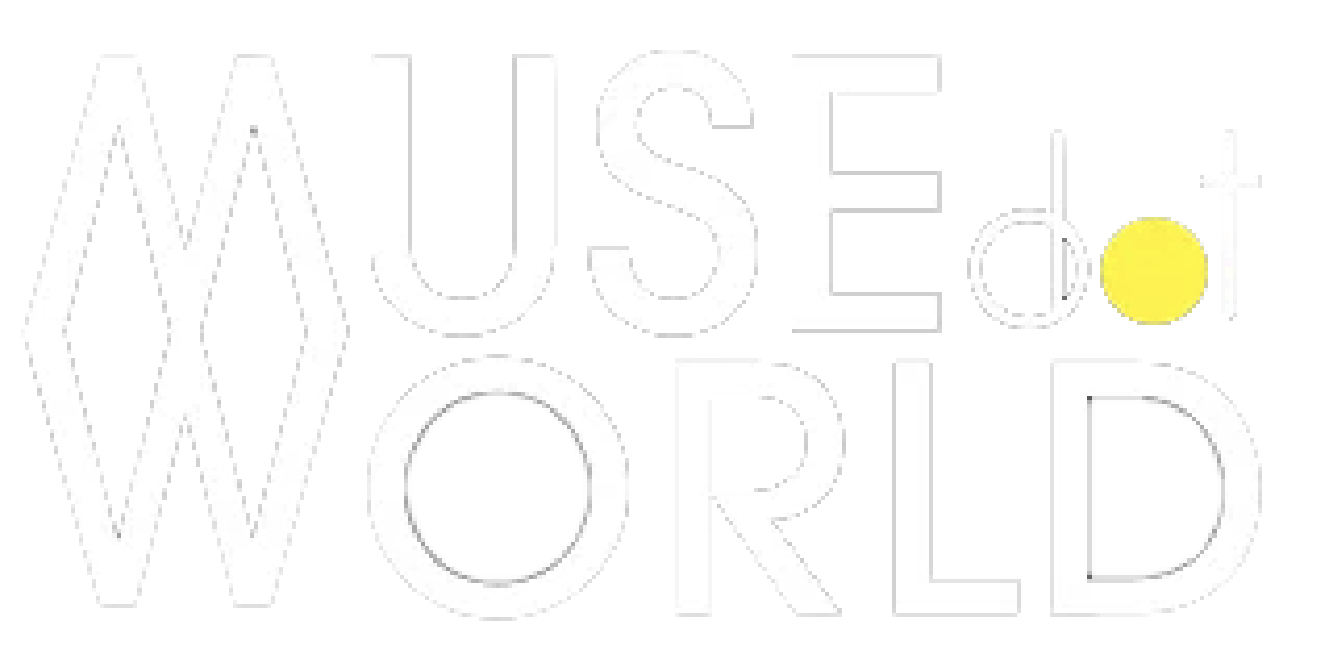
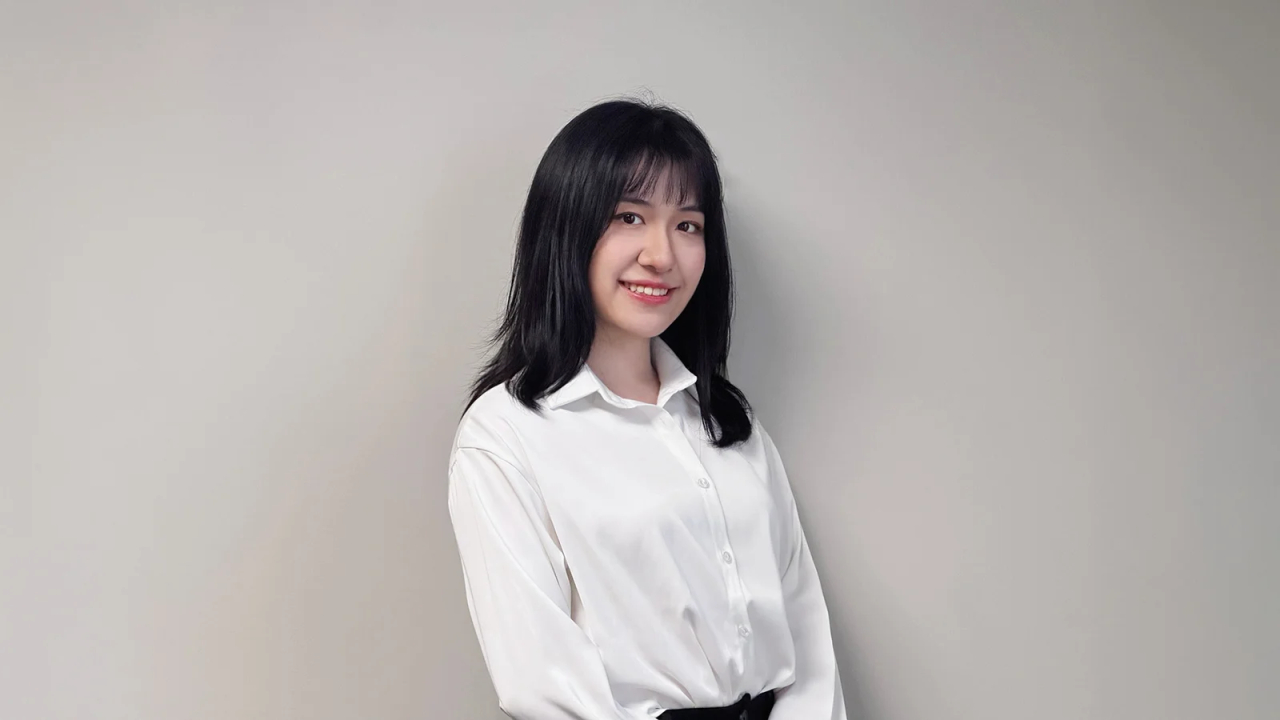
_1.jpg)
_2.jpg)
_3.jpg)
_4.jpg)

